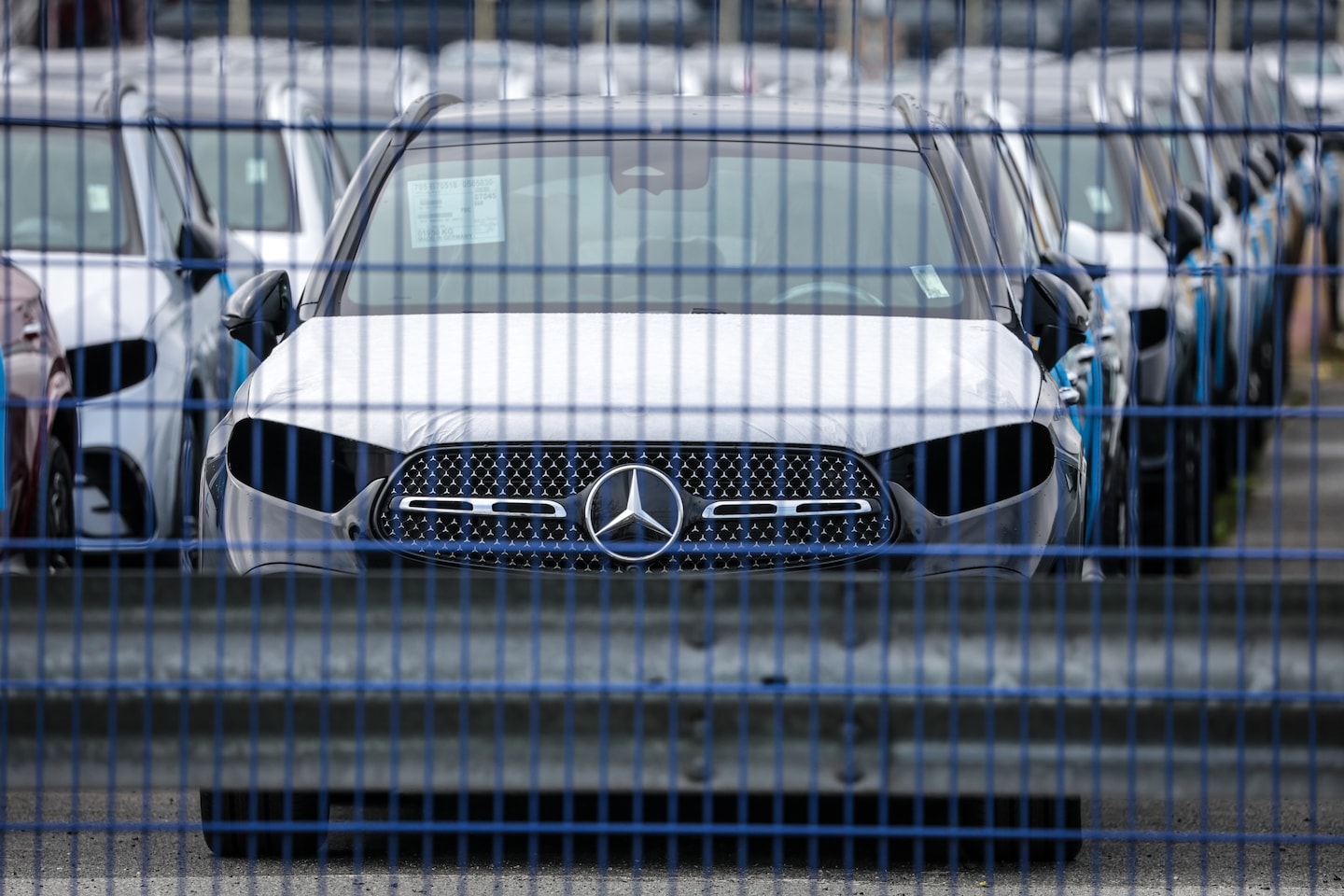President Donald Trump signed an executive order on Tuesday, softening tariffs on imported car and car parts. This move provides relief to auto-manufacturers who had protested the levies. While a 25 percent tax will remain on imported vehicles, the White House is ensuring that these tariffs are not ‘stacked’ on top of other levies, such as those for steel and aluminum used in automobiles, according to senior Commerce Department officials. Auto companies that complete building cars in the United States will also receive tariff relief on imported auto parts for two years.
Trump remarked at the White House before departing for Michigan, where he celebrated the first 100 days of his second term. He described the adjustment as ‘a little transition.’ The new executive order, announced on X, reflects the White House’s recent retreat on steep levies imposed on imports from foreign trading partners. This has been driven by criticism and financial market concerns, resulting in delays and temporary exemptions for some electronic products benefiting tech firms like Apple, HP, and Dell.
U.S. automakers have argued that the previously announced auto levies would increase production costs and reduce profits. The auto industry is a significant driver of manufacturing jobs in the U.S. economy. Stellantis, one of Detroit’s Big Three automakers, announced temporary layoffs due to the tariffs.
The relief for auto components benefits foreign manufacturers building cars in the U.S., encouraging them to bring jobs to the country. Auto parts from Canada and Mexico compliant with the United States-Mexico-Canada trade agreement will remain duty-free.
The White House announced plans in March to impose a 25 percent tariff on imported automobiles and auto parts. The levies went into effect on April 3, despite warnings from automakers about the time needed to build U.S. manufacturing capacity. The tariff added to an existing 2.5 percent levy on imported cars, making the total charge 27.5 percent.
A senior Commerce Department official stated that automakers completing cars in the U.S. will receive an offset to the 25 percent tariff on imported auto parts equivalent to 15 percent of a car’s retail price for the first year, dropping to 10 percent the next year.
‘Getting rid of the stacking will make automakers’ lives easier,’ said Bill Reinsch, a former Commerce Department official, adding that car ownership costs could rise in the long term.
U.S. automakers praised Trump’s relief measures. Mary Barra, CEO of General Motors, expressed appreciation for the President’s leadership.
— new from The Washington Post
